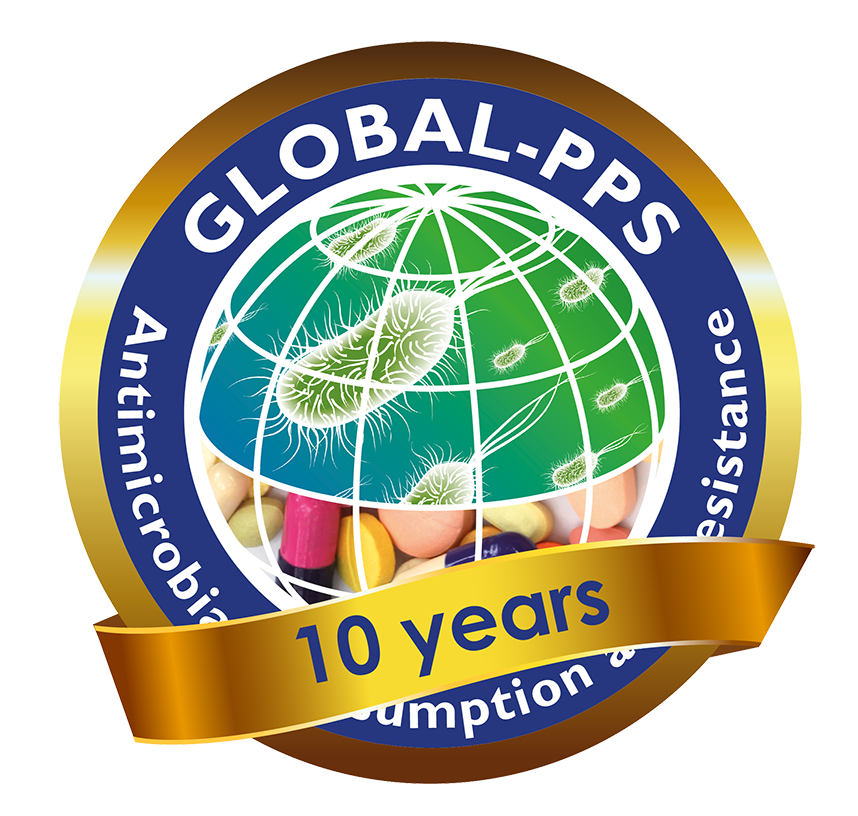Antibiogo: a revolutionary application developed by Doctors Without Borders
 In 2019 Global-PPS conducted a survey through its network, finding that many hospitals, predominantly in low-and middle-income countries, were confronted with insufficient laboratory capacity and suboptimal use of the available laboratory services. The Global-PPS participants reported this as one of the most important barriers to effectively implement Antimicrobial Stewardship.
In 2019 Global-PPS conducted a survey through its network, finding that many hospitals, predominantly in low-and middle-income countries, were confronted with insufficient laboratory capacity and suboptimal use of the available laboratory services. The Global-PPS participants reported this as one of the most important barriers to effectively implement Antimicrobial Stewardship.
Doctors Without Borders (MSF) will soon deploy its innovative Antibiogo application in several of its laboratories in Mali, Jordan, Yemen and the Central African Republic. This free, open source and offline downloadable Android application will contribute to an increase of information technology to support antimicrobial prescribing in low-and middle-income countries (LMIC). The innovative tool helps to combat antibiotic resistance by supporting doctors to prescribe the most effective antibiotics to patients.
What is Antibiogo ?
Antibiogo is a diagnostic application that allows laboratory technicians to measure and interpret antibiograms . These are tests that determine the susceptibility of bacteria to different antibiotics. In practice, the application enables to measure the inhibition diameters on antibiograms and above all, to interpret results directly on a phone, without necessarily having expertise in microbiology. The results are particularly accurate: depending on the bacteria, 90 to 98 percent correspond to the interpretation of qualified microbiologists.
Antibiogo was recently CE-certified and will be available to all microbiology laboratories in LMIC after final certification in 2023.
How it started
The project was born in 2017 with the idea of developing a medical device that uses image processing, artificial intelligence and an existing expert system. It is specifically targeted towards the needs of LIMC because antibiograms are usually interpreted by microbiologists who are often not available in LMIC.
